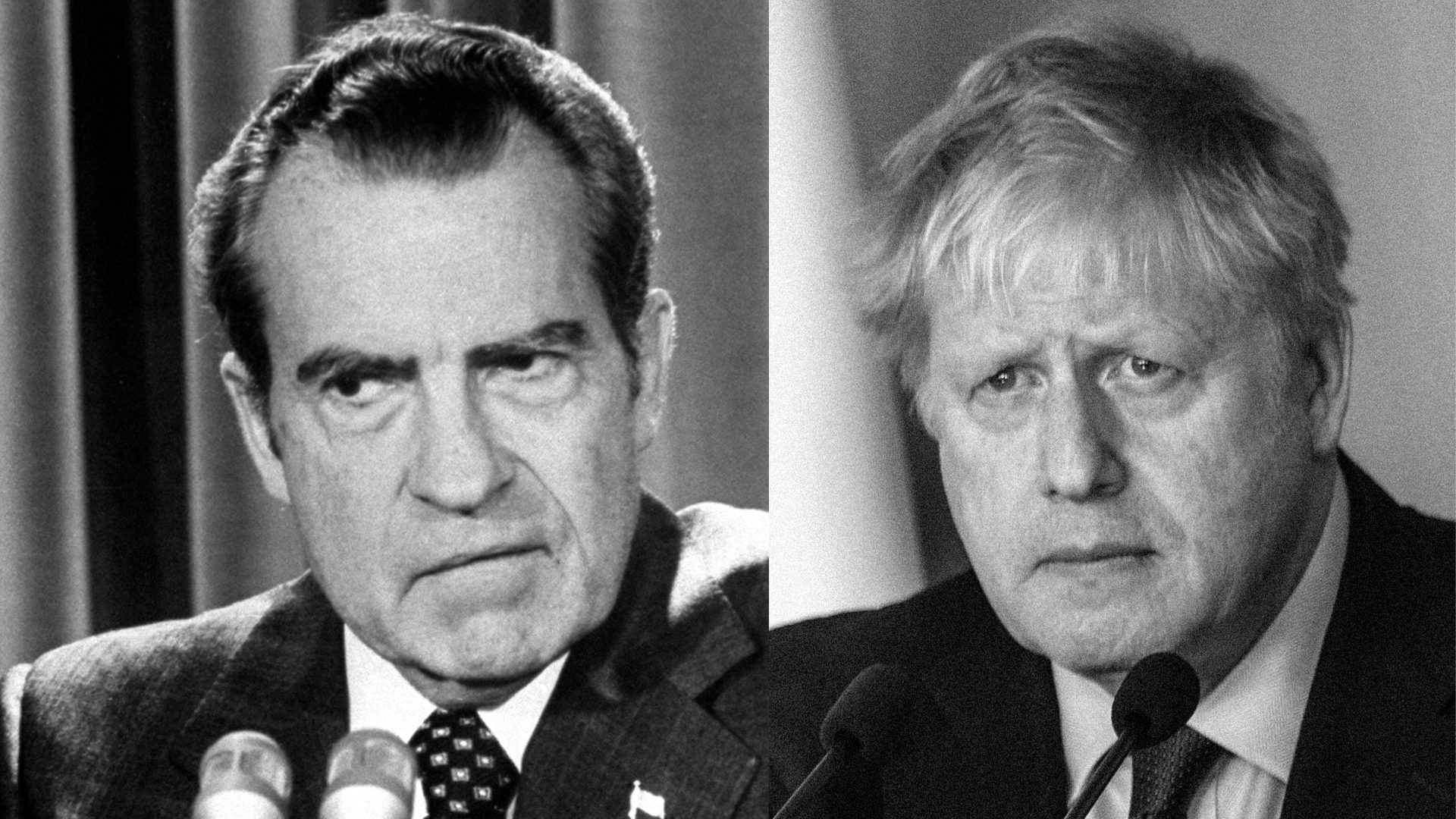Let me get this straight. Rishi Sunak, faced with spiralling energy prices, decides to slap a windfall tax on oil and gas producers so he can use that money to subsidise people’s bills. But at the same time, he gives the oil and gas companies a massive tax break on new investments, allowing them to reclaim 91p for every pound they spend on increasing the supply.
It makes sense as a sticking plaster for stressed family budgets – but no sense at all for the long-term energy security of Britain, or for the small matter of saving humanity from climate chaos. The day after Sunak announced his windfall tax, a team of economists and scientists writing in Nature, the world’s leading science magazine, published a startling prediction. If the developed world follows the green energy policies already announced, then by 2036 the oil and gas industry will be sitting on $1.4tn (£1.1tn) of so-called “stranded assets”.
Stranded assets are oil and gas reserves, together with their rigs and pipelines, made worthless by the switch to renewable energy. Financial regulators have been warning about this problem for several years – with the Intergovernmental Panel on Climate Change (IPCC) in April estimating the losses could total $4tn (£3.2tn) by 2050. And that’s only if we want to keep global warming down to 2 degrees above the historic norm, not the 1.5 degrees pledged at Paris.
The Nature study, produced by a team of experts working across London’s SOAS, Cambridge and the Open University, is the first to show how this problem could burst like a timebomb into the financial system.
Most oil and gas is still produced in the global south; but most of the fields are owned by companies headquartered in the rich, OECD group of countries. If you trace the ownership of those companies, it ultimately comes back to two kinds of institution: governments and financial corporations. And if the financial corporations go bust as a result, it will be governments left to pick up the pieces.
And which two governments are most exposed to this financial timebomb? According to the Nature team, they are the US and the UK. We know from the Lehman Brothers fiasco that relatively small financial losses can trigger massive panics – so there are strong arguments for governments to act now.
We should be managing down the risks associated with fossil fuels left in the ground, not incentivising investors to pour money into the sector. But the Conservatives’ panicked U-turn on the windfall tax does the opposite.
All across government, you see strategic failure when it comes to the decarbonisation of our economy. We know it’s needed in the medium term, to have any chance of avoiding mass deaths through climate chaos. And the face-off with Russia makes it doubly essential that we speed up the move away from reliance on fossil fuels, towards renewable energy and low-carbon ways of consuming it.
Yet Sunak’s package offered no tax breaks for companies to invest in solar, wind, wave and nuclear power.
And that’s because, for purely ideological reasons, Sunak has decreed that all investment in green energy and decarbonisation must be borne by this generation, through tax rises, not subsequent generations through raising debt.
So when you look at the government’s plan for decarbonisation, one fact smacks you in the face: there is no plan. There’s only a series of aspirations. A new nuclear power station every year? Financed by whom? Built by which skilled workers?
Gigafactories to produce battery packs for electronic vehicles (EVs)? This week’s headline from the business wire service Bloomberg says it all: “UK Risks Car Collapse as Jaguar Land Rover Looks Elsewhere for Batteries”. There is more on this elsewhere in this issue from my colleague Jonty Bloom, but suffice to say that EU governments have invested more than €6bn (£5bn) in the sector in the same amount of time that Johnson has been parading around in hi-vis jackets, doing nothing.
From spiralling household energy bills, to tax breaks for oil firms, to the fiasco over EV investment, we’re living through a social experiment: this is what happens when you let the market manage a strategic problem it is incapable of resolving.
We’re used to framing policy around the energy “trilemma” – security of supply, greenness and affordability – as if there were times when prices, or the need for security, could outweigh the strategic imperative of getting off carbon. I have no doubt Sunak was thinking of security when he incentivised the oil majors to sink more wells.
But the Russian attack on Ukraine changes everything and simplifies everything. Security and decarbonisation now work to the same goals – getting ourselves and Europe off Russian gas and oil – while keeping energy bills low removes the weapon of discontent from Putin’s armoury.
The market can achieve none of this. That’s why we need a state-owned and integrated energy system. The financial companies pouring money into fossil fuels today are potentially the Lehman Brothers of tomorrow. The energy suppliers kept afloat by the rising price cap and Sunak’s subsidies are non-viable as private companies in the long term. Even the rollout of charging points for EVs – if it follows the model of broadband – will take decades to get where it needs to be tomorrow.
So what we need is state ownership and control. Not of everything in the energy system but the basic production and distribution mechanisms, with state investment – if necessary financed by borrowing – used to lever in money from the private sector.
No Conservative government in a million years will do this. Labour, currently too scared of its small-town voting base, needs to think bigger.




